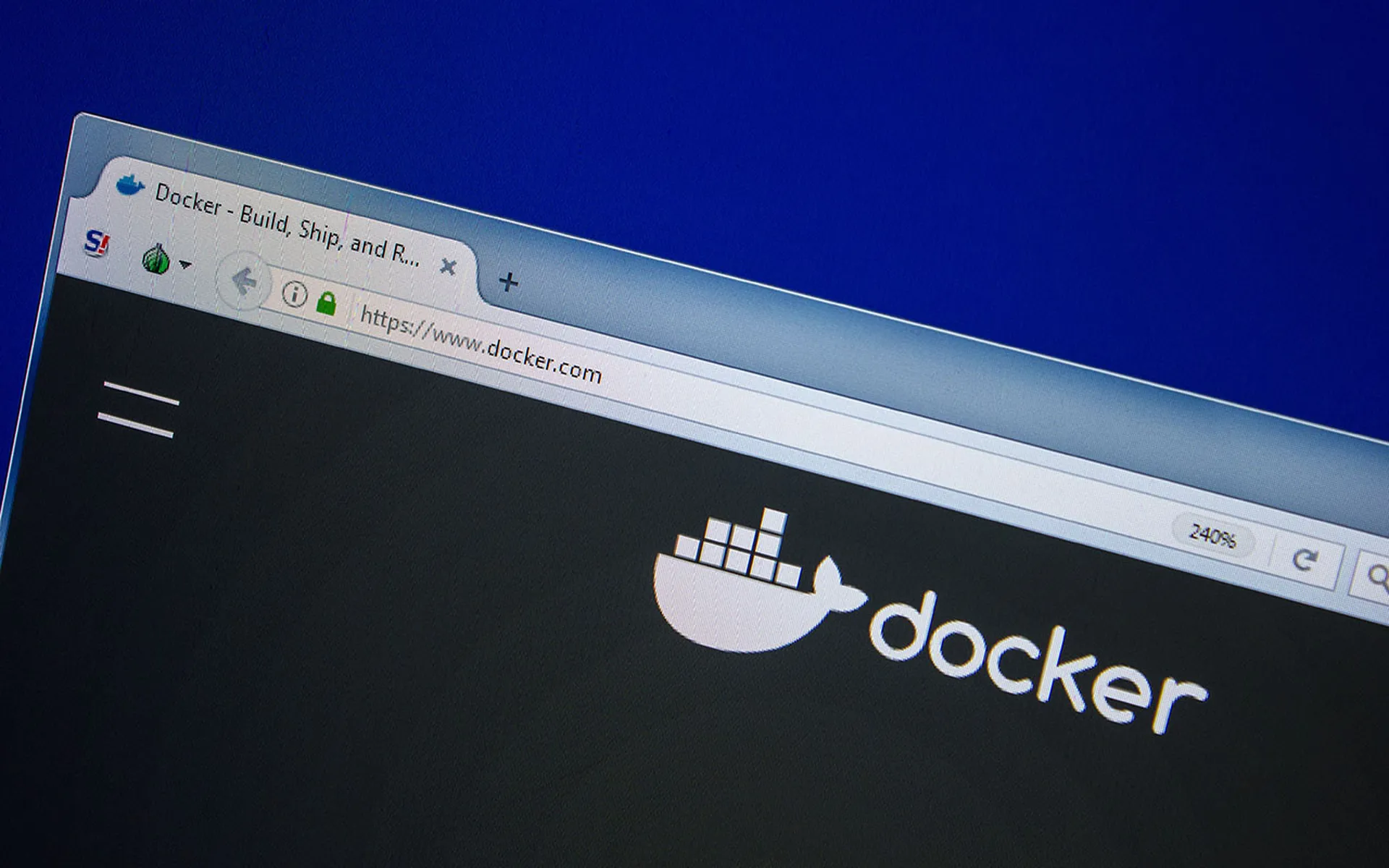Application programming interfaces, better known as APIs, have become an integral part of modern software development and play a crucial role in enabling communication and data exchange between different applications and systems. As APIs continue to gain popularity, it becomes increasingly important to prioritize their security. In this blog, we’ll explore the significance of securing APIs and the potential risks associated with neglecting your API security posture.
First and foremost, securing APIs is essential for protecting sensitive data. APIs often handle sensitive information such as user credentials, personally identifiable information (PII), and financial details. Without proper security measures in place, this data becomes vulnerable to unauthorized access, manipulation, or theft. And let’s not forget, securing APIs is crucial for regulatory compliance.
Many industries, such as finance, healthcare, and e-commerce are subject to strict regulations regarding data protection and privacy. Failure to comply with these regulations can result in severe penalties and reputational damage. By implementing security measures that align with industry standards and best practices, organizations can ensure compliance with relevant regulations, safeguarding their reputation and avoiding legal consequences.
Furthermore, securing APIs helps prevent malicious activities and attacks. APIs are attractive targets for hackers and cybercriminals due to their potential to expose vulnerabilities in the underlying systems. Without adequate security measures, APIs can be exploited to launch various types of attacks, including injection attacks, cross-site scripting (XSS), and denial-of-service (DoS) attacks. These attacks can disrupt services, compromise data integrity, and even lead to financial losses.
Securing APIs also promotes trust and fosters collaboration. In today's interconnected world, many organizations rely on third-party APIs to enhance their products and services. However, without proper security measures, organizations may hesitate to integrate external APIs due to concerns about data security and reliability. By demonstrating a commitment to API security, organizations can build trust with their partners and customers, encouraging collaboration and innovation. Secure APIs enable seamless integration, allowing businesses to leverage the capabilities of external services while maintaining the confidentiality and integrity of their data.
With all that said, I’m sure you’re wondering how exactly to implement robust security mechanisms. Security controls such as authentication and encryption help organizations ensure that only authorized entities can access and interact with their APIs, reducing the risk of data breaches and privacy violations. Then you have things like input validation, rate limiting, and API firewalls, organizations can mitigate these risks and ensure the reliability and availability of their APIs. But that’s just the tip of the iceberg.
To help you get started, I suggest that you download the new ebook, Securing APIs for Dummies. In this guide, you will learn how to address the top API security threats, as well as address regulatory requirements.




